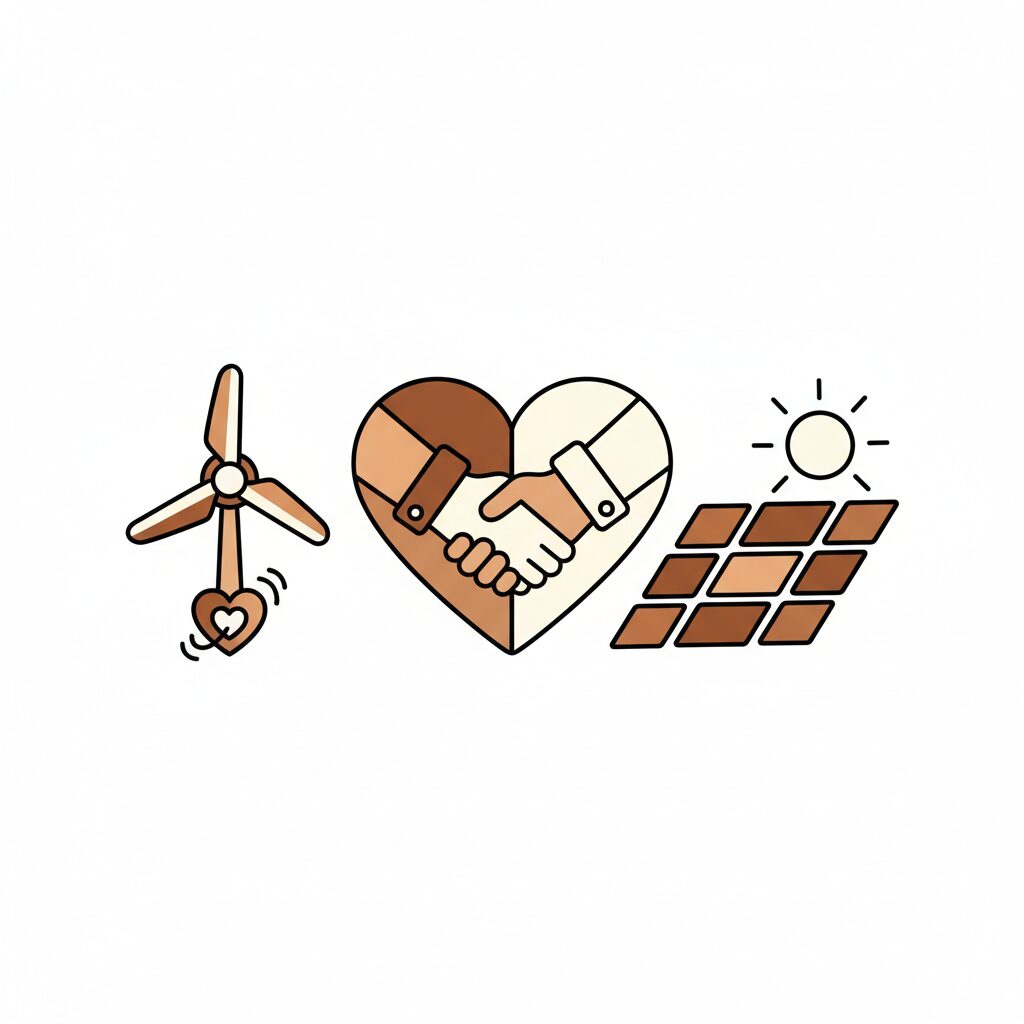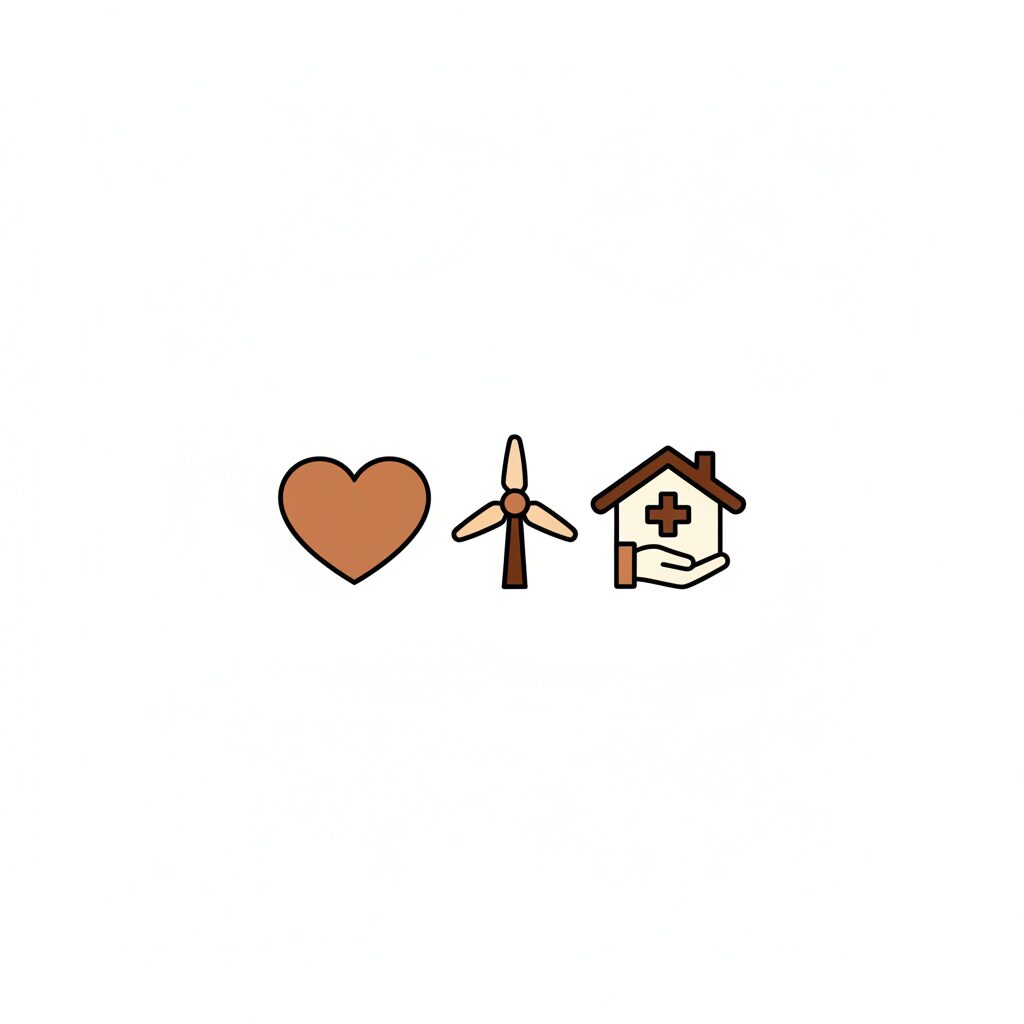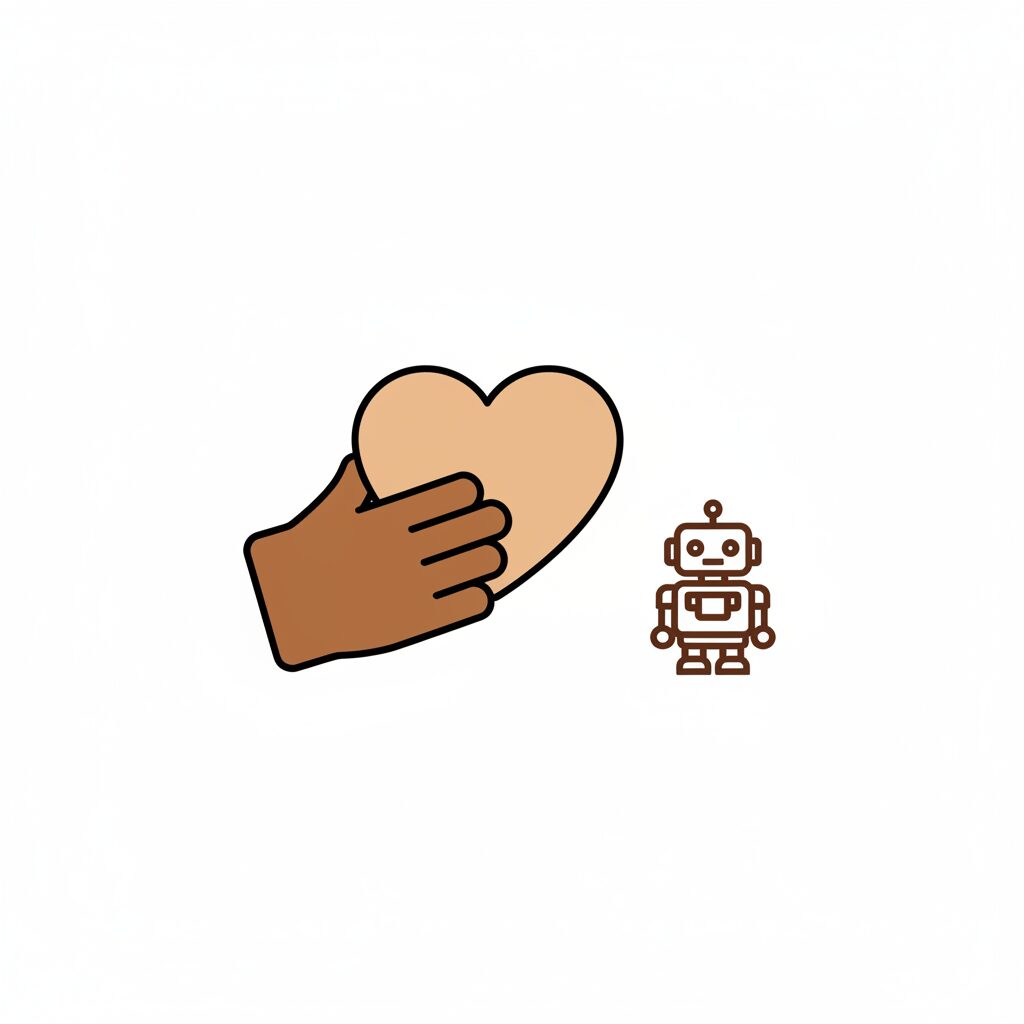
You’ve felt it—the AI anxiety humming in every headline about robots taking jobs. But what if we’re missing the real story? Fresh data from the U.S. Bureau of Labor Statistics flips the script completely. While total employment growth may slow to 4.0%, millions of new opportunities are blooming where warmth and wisdom matter most: helping elders, healing communities, and harnessing clean energy. Turns out, the future isn’t cold algorithms—it’s built by hands that care.

The Quiet Boom Where Humanity Shines
Picture this: Home health and personal care aides adding a staggering 820,500 jobs by 2033—more than double any other role. Or wind turbine service technicians growing by 60% as clean energy takes flight. The BLS report shows half of all new positions will live in healthcare and social assistance, driven by more grandparents needing kindness we can’t automate. It’s like planning a family trip: you can have all the fancy apps, but what truly matters is who holds your hand when you’re nervous. Retail jobs may dip, yet fields where humans solve messy, emotional problems? They’re skyrocketing. Because no robot can wipe Grandma’s tears with the same tenderness as a home aide who remembers her favorite song. These realities gently guide us to nurture empathy and adaptability in our kids.
How might small acts of kindness today—like gathering vegetables at a community garden or serving meals at a neighborhood kitchen—shape your child’s impact tomorrow?
Why ‘Helping Hands’ Beat Robotic Efficiency

Let’s get real—automation might sort laundry someday…maybe! But it’ll never replace a nurse practitioner calming a scared child with just the right hug. Wind techs scale 300-foot towers in howling storms, problem-solving with grit that no drone could match. Three veterinary roles cracked the top 20 fastest-growing jobs because, honestly, who trusts a machine to soothe a trembling puppy? These careers thrive on what makes us irreplaceably human: emotional intuition, physical adaptability, and the courage to say ‘I see you’ when someone’s hurting. Think about playground moments—when your kid stops to help a friend up after a fall. Machines check boxes; humans write stories. And meaning—that’s where the jobs actually are.
How can we encourage these innate qualities in everyday life?
Planting Seeds of Curiosity Without Pressure

How do we nurture tomorrow’s wind techs or home health champions without turning playtime into homework? Simple: make discovery feel like adventure, not assignment. Spot a turbine on your next drive? Wonder aloud, ‘What tools do you think they carry up there?‘ Watch eyes light up imagining winches and wrenches! Notice Mrs. Henderson struggling with groceries? Turn it into a ‘helping hands’ moment: ‘What if we brought her lemonade?’ Later, build a ‘solar oven’ with cardboard and foil to melt chocolate—then savor your edible science. No need for fancy gear; stick figures drawn in sidewalk chalk can spark ideas about community care. The magic? Kids absorb purpose through play. Instead of asking ‘What job will you have?‘, try ‘How could you make someone smile today?’ Suddenly, helping others becomes their compass—not some distant career checkbox.
Raising Kids Who Bend, Don’t Break

The superpower these booming jobs share? Resilience forged in real-world messiness. Home aides navigate emotional minefields daily; wind techs troubleshoot mid-storm. Just last week, my kid’s birdhouse collapsed twice. Her teary “Try again?” was grit in its purest form. How do we grow that? Let them taste gentle struggle: planting seeds that won’t sprout, negotiating toy swaps at playgroup. These aren’t failures—they’re rehearsals for handling life’s ‘howling tower’ moments. Balance screen time with ‘tool time’: trade apps for carpentry kits, coding for compost bins. And when worry whispers ‘will my child adapt?’, remember: adaptability itself is the ultimate job skill. Try digital sunsets (unplugged evenings)—swap screens for stargazing where imaginations take flight. Future-proof kids aren’t defined by their tools, but by their willingness to try, fall, and rise with kindness.
When your child’s birdhouse wobbles or project fails, how might that moment become their foundation for tomorrow’s resilience?
